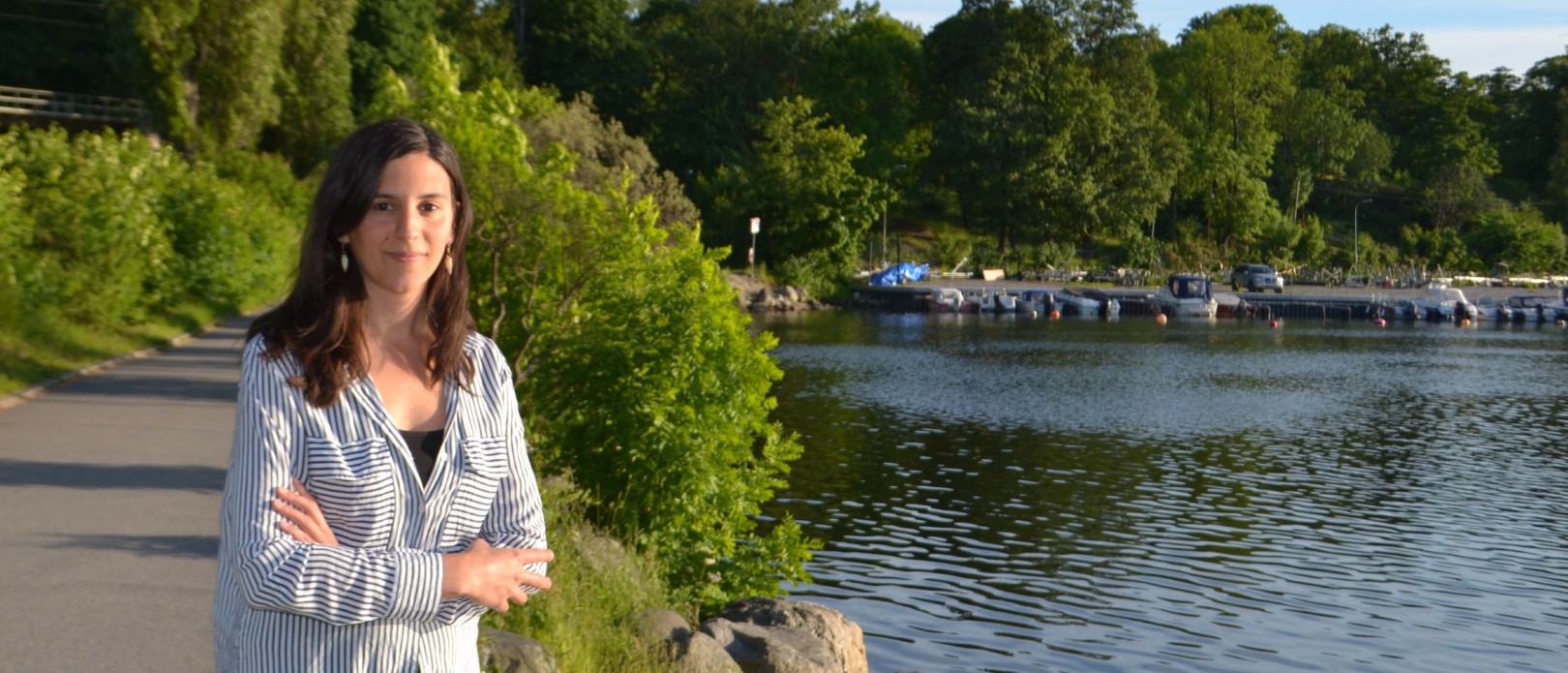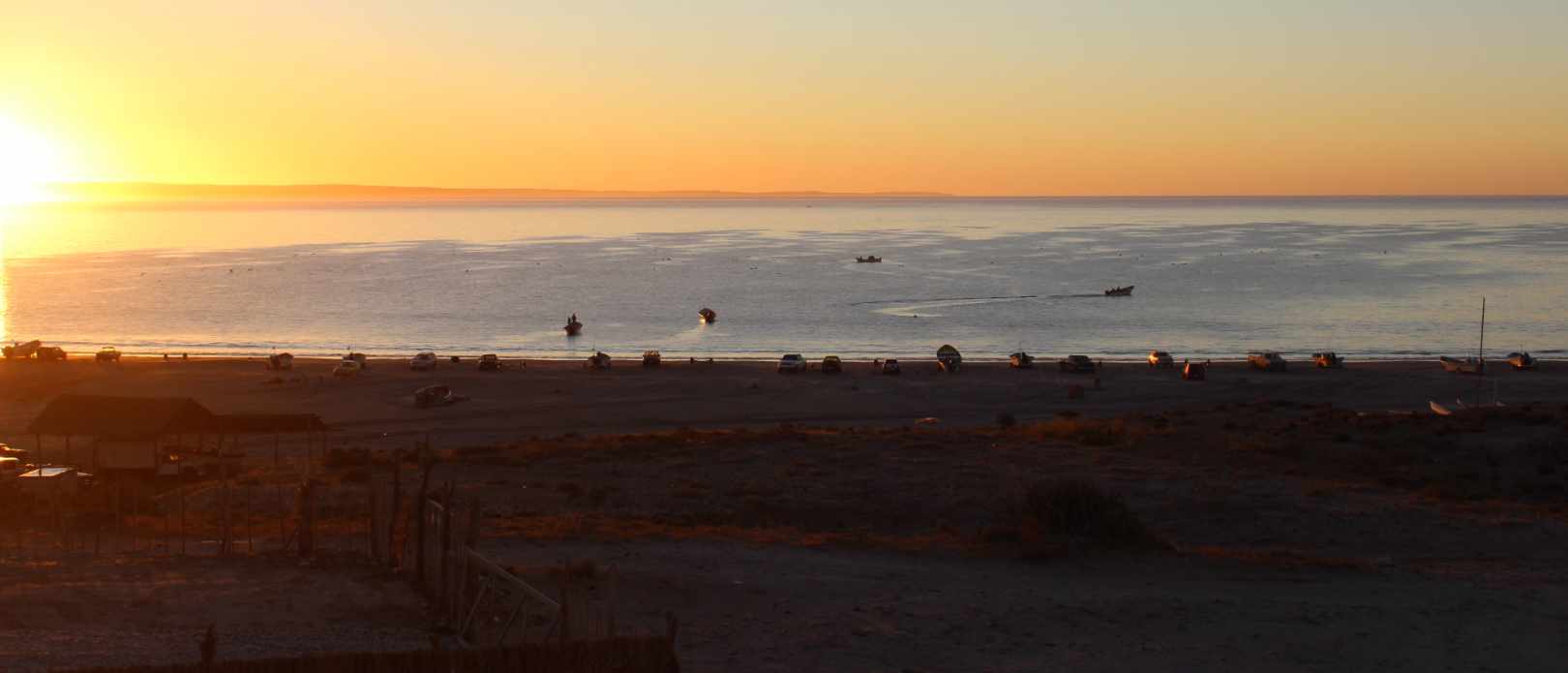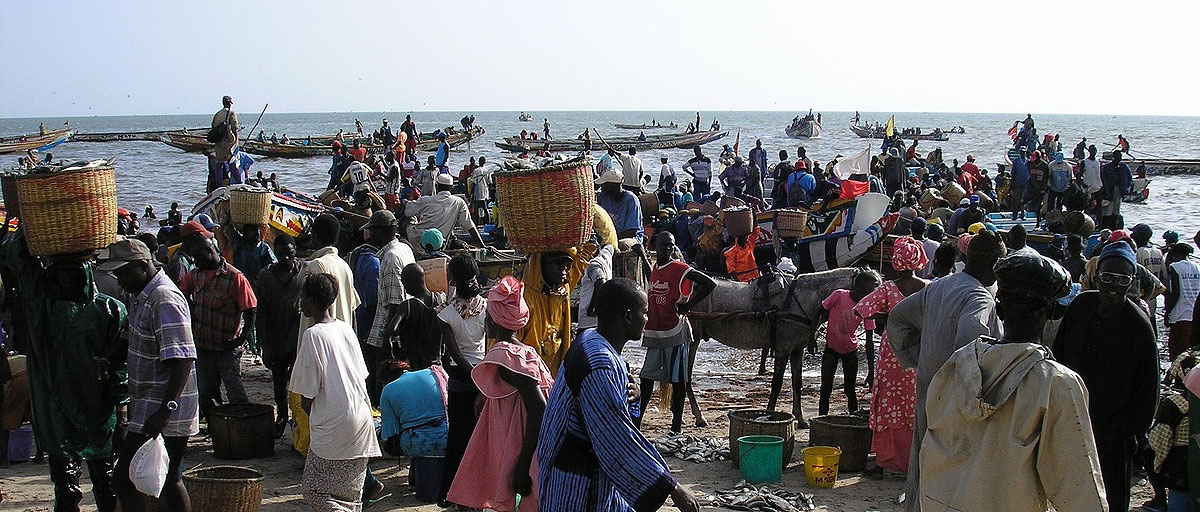SMALL-SCALE FISHERIES
The global issue of local fisheries livelihoods

Blanca González García-Mon. Photo: N. Koh
Blanca González García-Mon, a PhD student at the Stockholm Resilience Centre, explains the important role of small-scale fisheries in global sustainability
- Life and livelihoods is the theme of World Oceans Day 2021
- Millions of people are dependent on small-scale fishing
- Recognizing the role of small-scale fisheries is essential for achieving multiple, interlinked, SDGs such as reducing hunger, poverty, and sustaining life below water
Around the globe, the ocean contributes to the livelihoods of 800 million people. And over three billion people in poorer coastal regions depend on the ocean for their daily intake of protein.
But on our interconnected planet, local livelihoods—a theme for the 2021 World Oceans Day—are often not as local as you would expect.
“In today’s world you can’t really say that a local community will not in some way be affected by what’s going on globally,” says Blanca González García-Mon, a PhD student at the Stockholm Resilience Centre studying cross-scale interactions in small-scale fisheries.
Global trade is everywhere
A coastal community that is highly dependent on fishing, although isolated to some degree, is still affected by changes in the distribution and abundance of marine species driven by broader changes in the climatic conditions.
In addition, many fisheries livelihoods depend on trade.
Regardless of whether this trade is aimed at the international market or national consumption, it is often at least partially affected by global trade processes.
Blanca González García-Mon
So whether it’s climate change, a blocked Suez canal, or changes in China’s food preferences, how do small-scale fisheries try to cope with changes taking place in often distant parts of the world, and what are the consequences for sustainability?
Diverse coping strategies
“Small-scale fisheries are incredibly diverse and so are the ways they use to cope with global change,” says González García-Mon.
“One of these coping mechanisms is the diversification of fishing or trading practices, which I’ve been studying in my PhD."
Diversification can be when fisheries actors start targeting multiple species, or switch the species they are targeting in response to environmental or market changes.
It can also imply fishers migrating to fish elsewhere, or even pursuing alternative livelihoods that decrease their dependency on fishing.
Complex implications for sustainability
“Given the many types of responses that we see, it’s hard to pinpoint the exact consequences for sustainability. But what we do know is that each different response can create complex knock-on effects,” says González García-Mon.
For example, migrating to fish elsewhere or switching to another type of fish may cause conflicts between traders, fishers, buyers, or fishing communities.
It can also lead to the displacement of fishing pressure to other species or other parts of the system. This may result in overexploitation, but in other instances can release pressure on a species.
“This complexity is why studying small-scale fisheries from a dynamic, multi-scale, social-ecological perspective is so important,” she explains.
Small-scale fisheries a crucial piece of the puzzle
There is rich work going on at the SRC. Many researchers are looking at how agent-based modeling can be combined with different kinds of empirical research to answer questions about trade-offs, benefit sharing, short- and long term social-ecological outcomes in small-scale fisheries across the world.
But shouldn’t we really be focusing our attention on large-scale commercial fishing in order to achieve the SDGs?
Large-scale commercial fishing is of course important, but we cannot forget that small-scale fisheries represent a substantial proportion of fisheries worldwide.
Blanca González García-Mon
They produce a large amount of the fish that is destined for human consumption, and play a key role in food security amongst lower income households in many parts of the world. And this is not to mention their importance in terms of employment and livelihoods.
Reaching the SDGs
“Millions of people are dependent on small-scale fishing, and it's not just the fishers. Many others directly and indirectly participate in fisheries value chains and other associated activities”.
For González García-Mon it is not a question of small-scale versus large-scale. It’s about recognizing the essential role of small-scale fisheries for achieving multiple, interlinked, SDGs such as reducing hunger, poverty, and sustaining life below water.
“And we can’t forget the importance of local knowledge, values, cultures in creating resilient sustainable livelihoods and food security,” she reflects.








